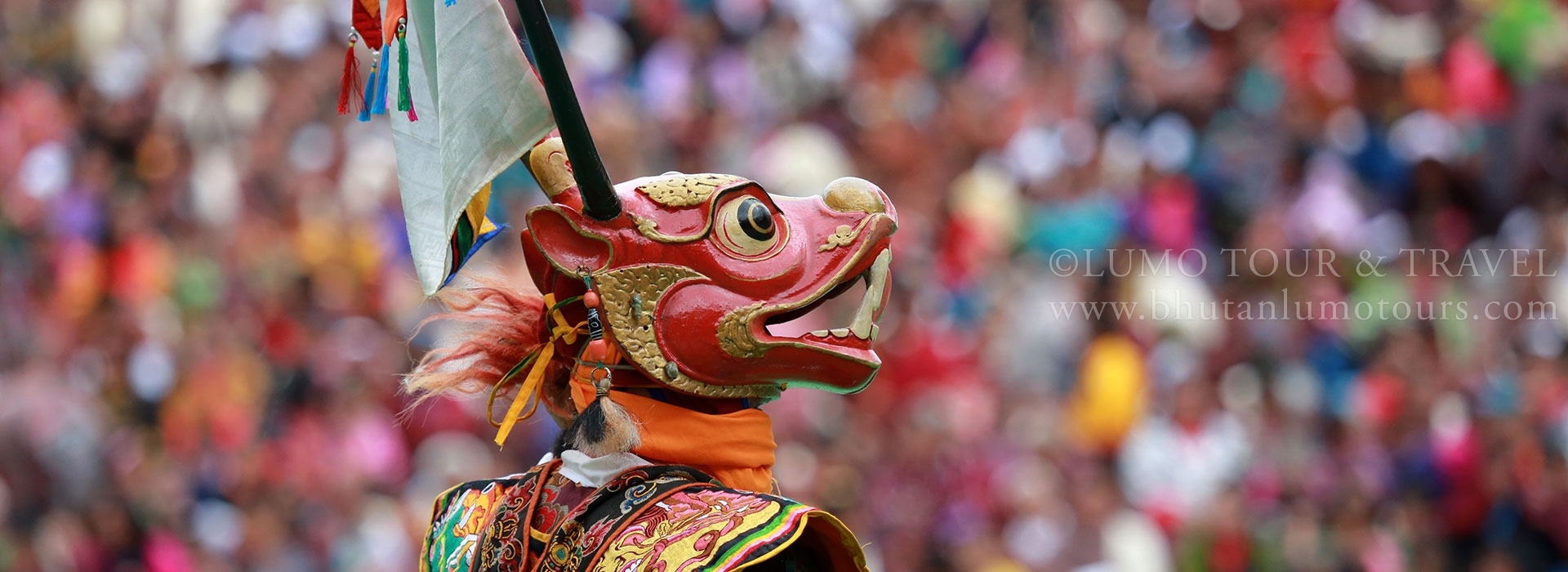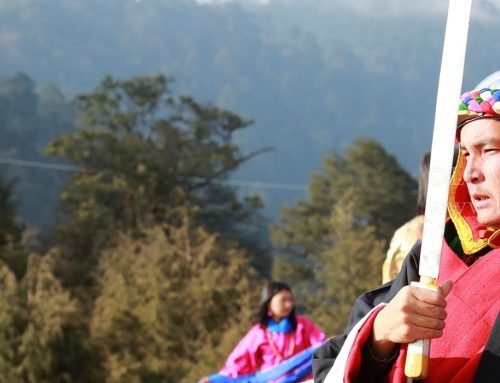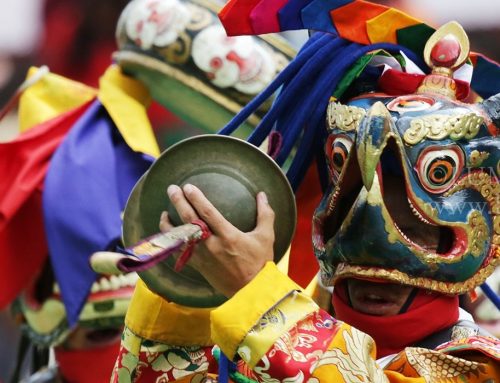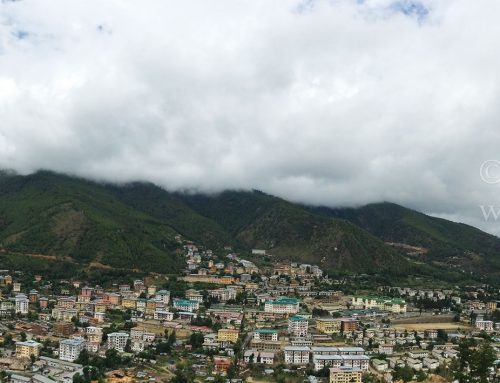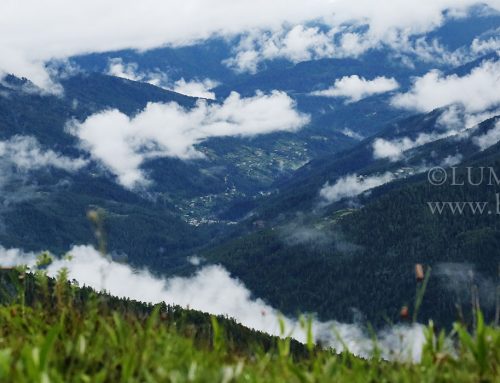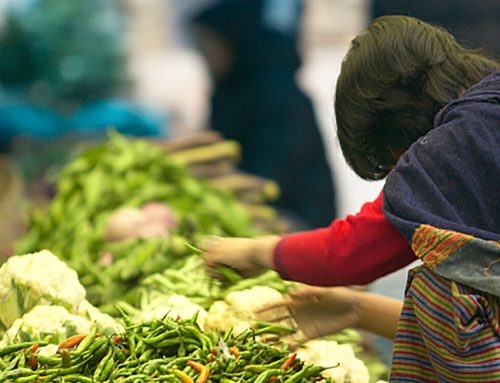Majority of the Bhutanese are Buddhists. There are people who follow other faiths like Hinduism and Christianity. Hinduism is followed by the minority ethnic group called Nepalese and Christianity by a few Bhutanese. And Buddhism is the state religion.
Bhutan is today known as one of the bastions of Tantric Vajrayana form of Mahayana Buddhism.
The ways of life and living of most Bhutanese are woven around the principles and tenets of Buddhism. That is why the two major sects of Buddhism – Drukpa Kayugpa and Ningmapa are state-sponsored.
Making it a secular state, the Constitution of the country grants a freedom to the people to choose their religious faith. However, the supreme law prohibits proselytizing.
In Bhutan religion is considered above politics. The religious figures do not participate in politics. They do not vote and are not allowed to field themselves as political candidates for elections. And religious personalities are restricted from having any political association.
This shows how much the religions are respected in Bhutan. However, there have been debates among some quarters of Bhutanese intelligentsia on if the religious community can be made immune to the impacts of political decisions.
The monastic institutions are spread all over the country. Most of the religious institutions are funded by the state and some function with the donations and contributions people make.
The centers of the 20 districts house both the district administrative machinery and the state monastic institution. This symbolizes a peaceful coexistence between religious values and modern governance principles.
The sight of an alter in every Bhutanese home, aesthetic architecture of several temples and monasteries, hills adorned with prayer flags, and chanting monks show how religious Bhutan is as a Buddhist community.


